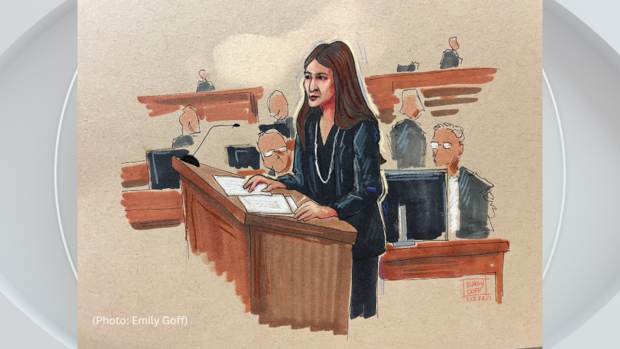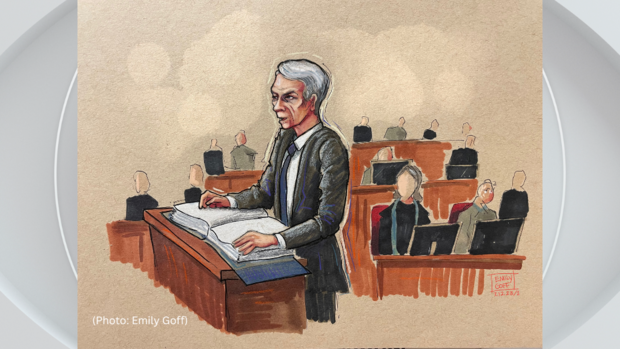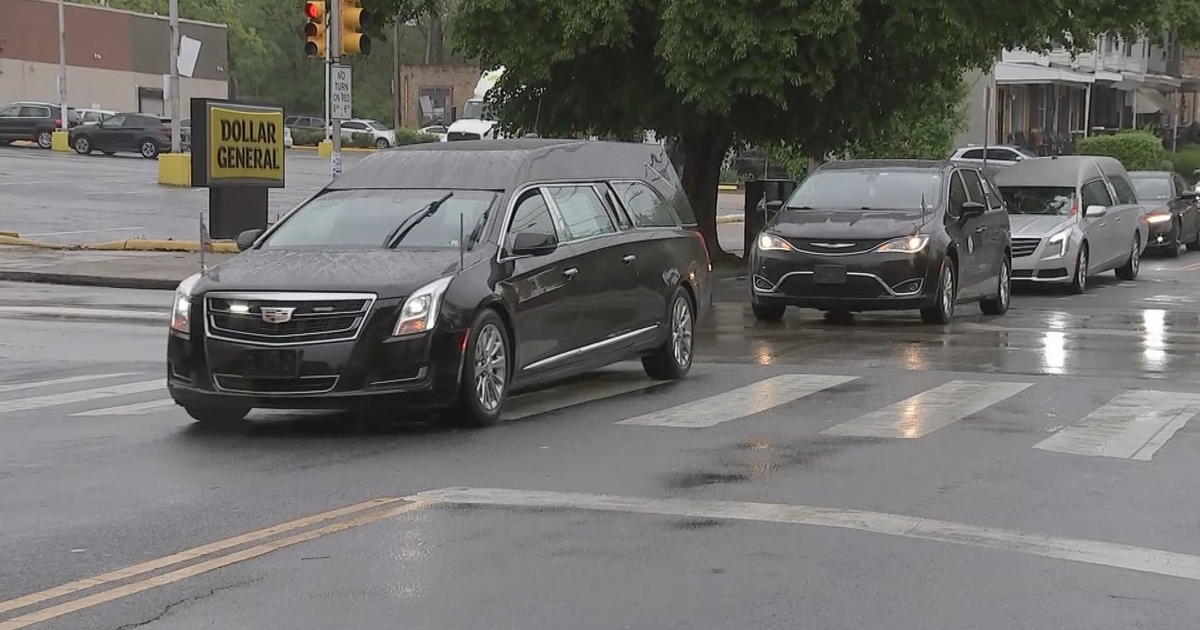Jury deliberates convicted gunman's eligiblity to face the death penalty in Pittsburgh Synagogue shooting trial
PITTSBURGH (KDKA) -- The jury has ruled that convicted Pittsburgh synagogue gunman Robert Bowers is eligible to face the death penalty.
Original story follows below:
The decision of whether the Pittsburgh synagogue gunman who killed 11 worshippers is eligible for the death penalty is in the hands of the jury.
Last month, Robert Bowers was found guilty of all 63 federal charges in the deadliest antisemitic attack in U.S. history.
If the jury decides that he is eligible for the death penalty, the trial will move onto the final phase, where jurors will decide if he is sentenced to life in prison or death.
In trying to convince the jury the gunman is eligible for the death penalty, government prosecutor Soo Song began her summation saying, "On Oct. 27, 2018, Robert Bowers attempted to kill every Jew he could hunt down in the Tree of Life Synagogue. He resolved to kill them all, 'because a Jew is Jew is a Jew.' He regretted he didn't kill more."
Song said the gunman's actions easily qualify him for death under several required aggravating factors. Did he carefully plan the act? Were there multiple victims? Were those victims vulnerable?
But the government had to also prove the killing was intentional and deliberate. While it may also seem apparent the gunman did intend to kill his victims, the defense has argued the gunman is mentally ill and so could not form true intent.
In his summation, defense attorney Michael Burt quoted the intake psychiatrist at the Allegheny County Jail.
"He said, 'people don't go into a church and kill a bunch of old people for no reason.' We will provide you with reasons that explain this horrible crime," Burt said.
Burt reviewed in detail the testimony of defense witnesses who he said provided "concrete evidence of brain damage" in the gunman and who diagnosed him with schizophrenia and epilepsy. Burt said the gunman's mental disease led him to embrace a delusional antisemitic belief system that drove him to obsessively plan and kill.
"That delusional belief system took over his thinking and made him incapable of doing anything outside the aims of that delusional belief system," Burt said.
But Song called on the jury to "use your common sense." She said the gunman's actions were the result of pure hate, widely held antisemitic and white supremacist beliefs and he was calm, focused and goal-oriented as he murdered as brutally as possible to send a message.
"Members of the jury, he fired his rifle more than 70 times. Each and every time he pulled the trigger on his rifle, he was probing his intention to kill," she said.
Recapping the penalty phase of the trial
During this eligibility portion of the penalty phase, Forensic psychiatrist Park Dietz has testified Bowers was not schizophrenic and not driven by mental illness when he murdered 11 innocent victims in October 2018.
Last week, Dr. Deitz began his testimony, saying the suspect knowingly and willingly killed those 11 people.
Earlier testimony in the penalty phase has consisted of medical experts being called to the stand surrounding the gunman's diagnoses of epilepsy and schizophrenia, while prosecutors of challenges those diagnoses.
Other testimony has included psychiatric reports, examination notes, and IQ analysis all surrounding the mental state of the accused gunman.
Support is available for those in need during the trial
If you or someone you know is experiencing mental health effects from the trial, go to 1027healingpartnership.org to find help resources. As always, call 911 to report threats.
Phone: 412-697-3534
Email: info@1027HealingPartnership.org
Website: 1027healingpartnership.org
More resources can be found here.






